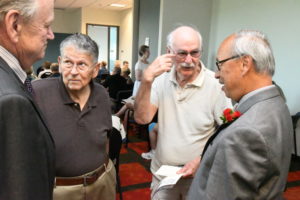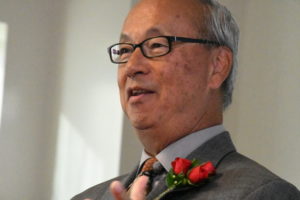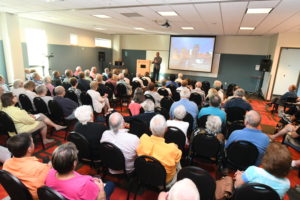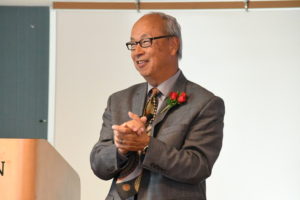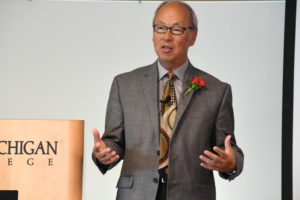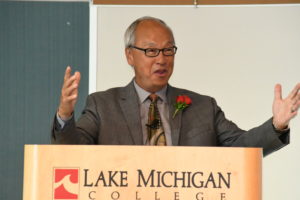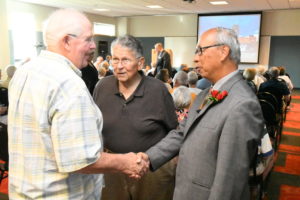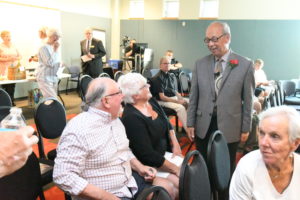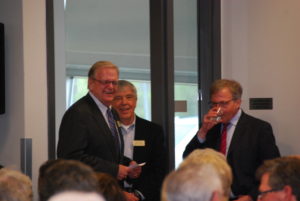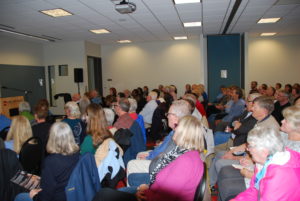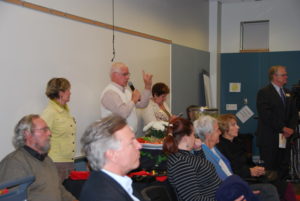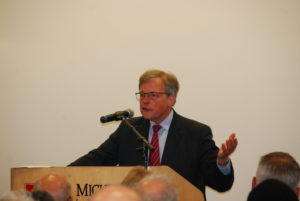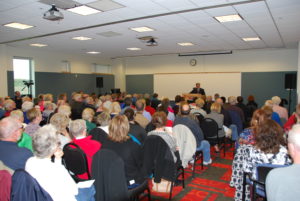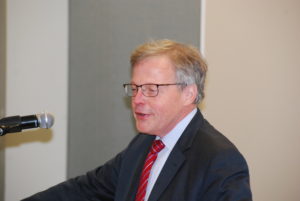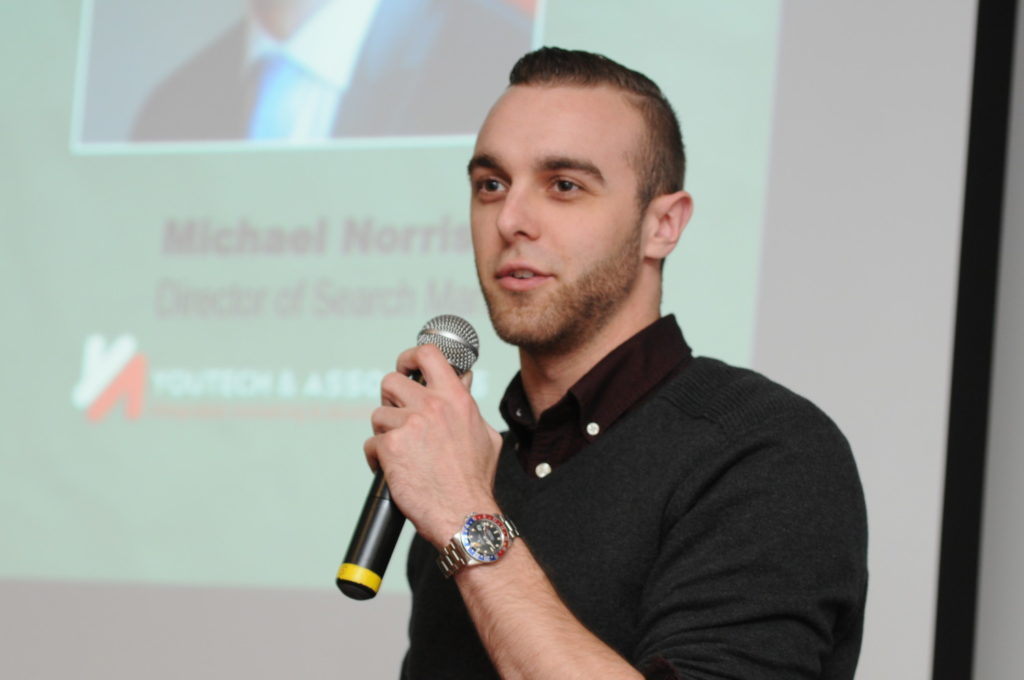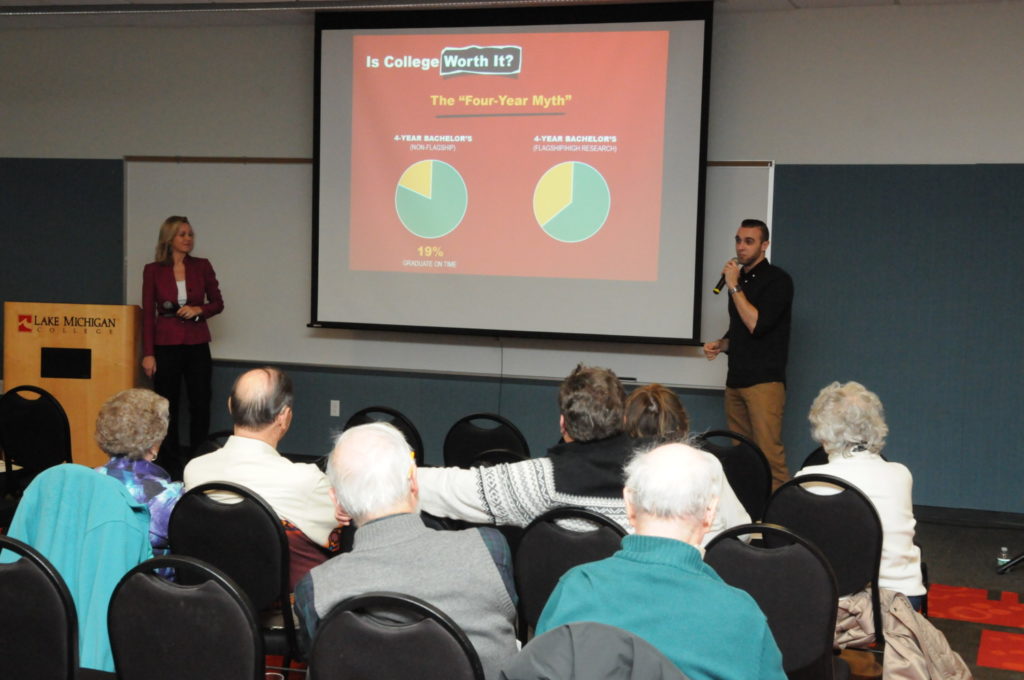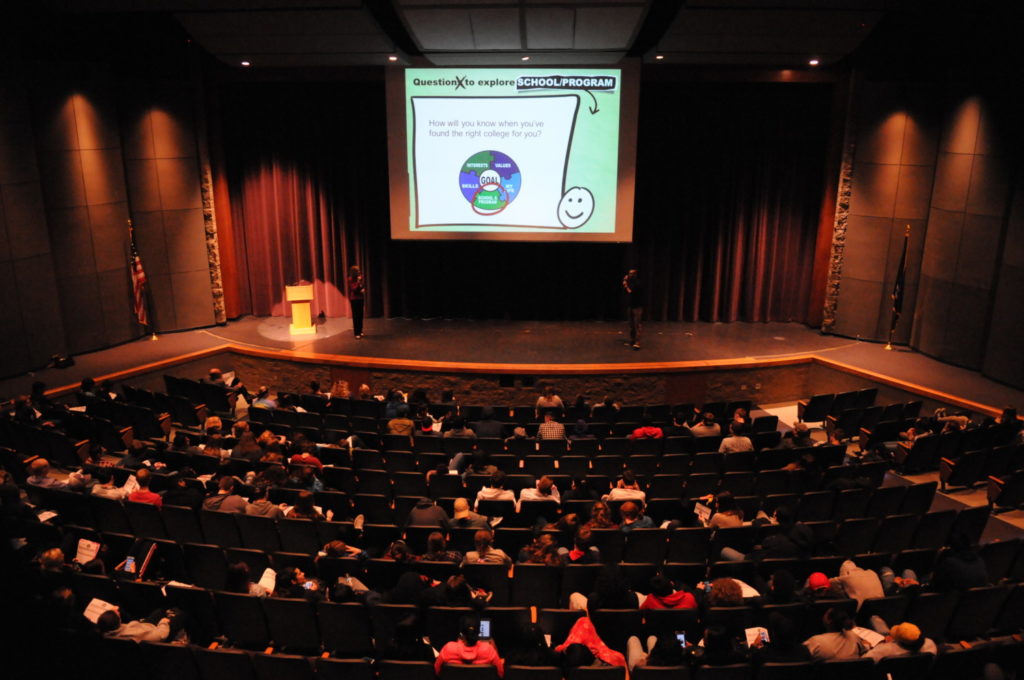Article from The Commercial Record, Saugatuck/Douglas
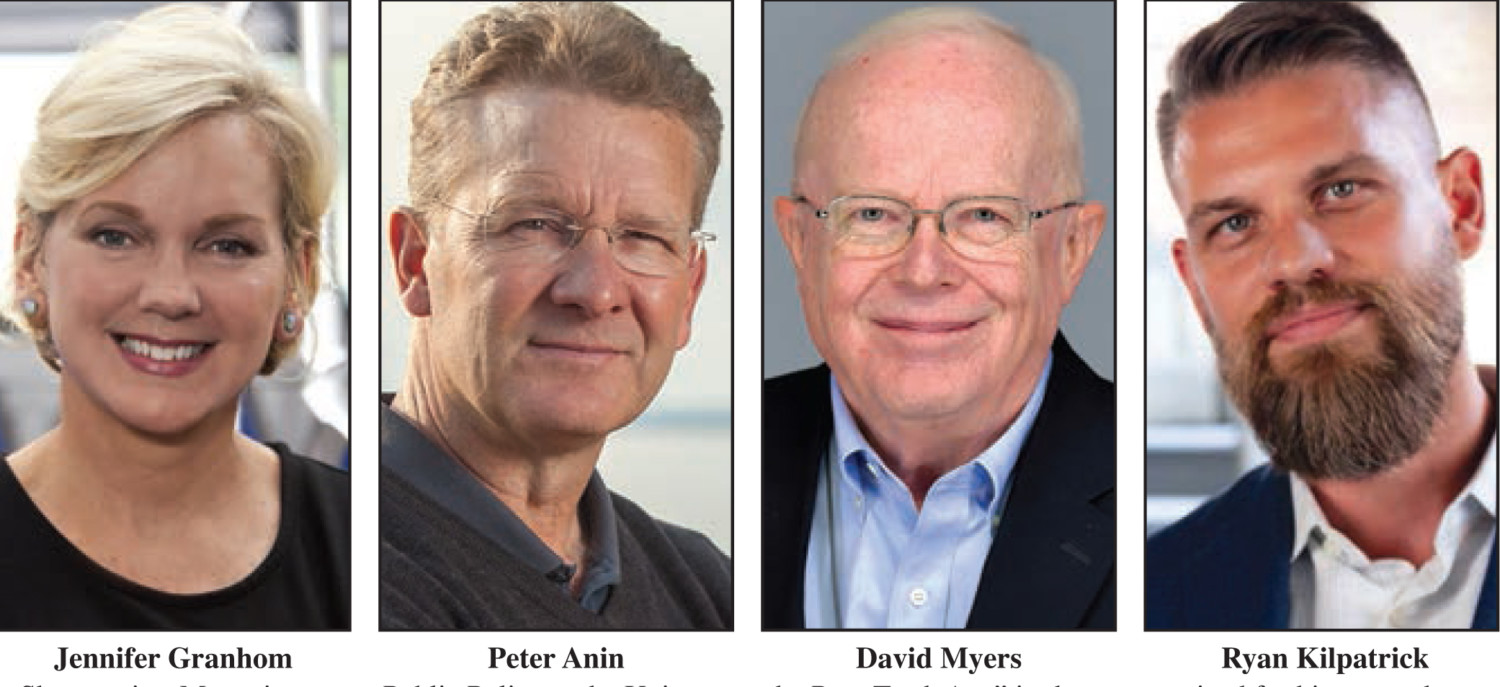
The 2019 South Haven Speakers Series will bring familiar faces including former Douglas community development director Ryan Kilpatrick and ex-Michigan Gov. Jennifer Granholm to South Haven High School for four events starting at 7:30 p.m.
All will be preceded by a 6:45 p.m. social gathering. General admission for each session is $10; students, teachers and clergy are admitted free.
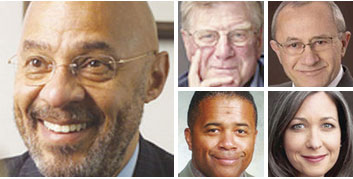 SOUTH HAVEN – South Haven Speakers Series President Mark Odland wasn’t kidding when he announced several months ago that audiences would be sure to recognize some of the names of this year’s guest speakers.
SOUTH HAVEN – South Haven Speakers Series President Mark Odland wasn’t kidding when he announced several months ago that audiences would be sure to recognize some of the names of this year’s guest speakers.